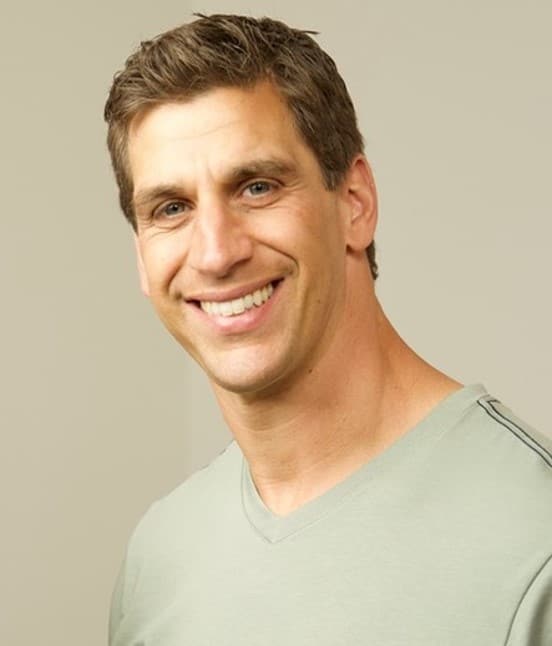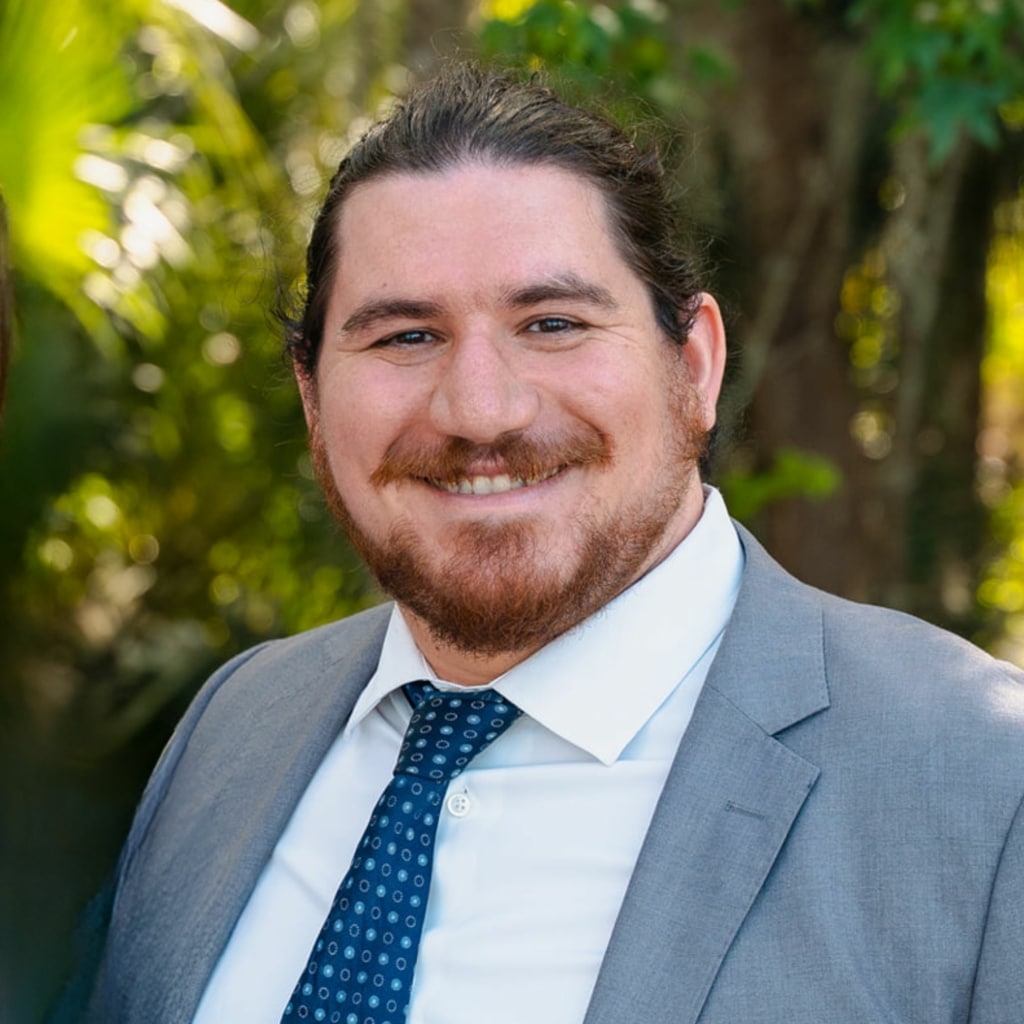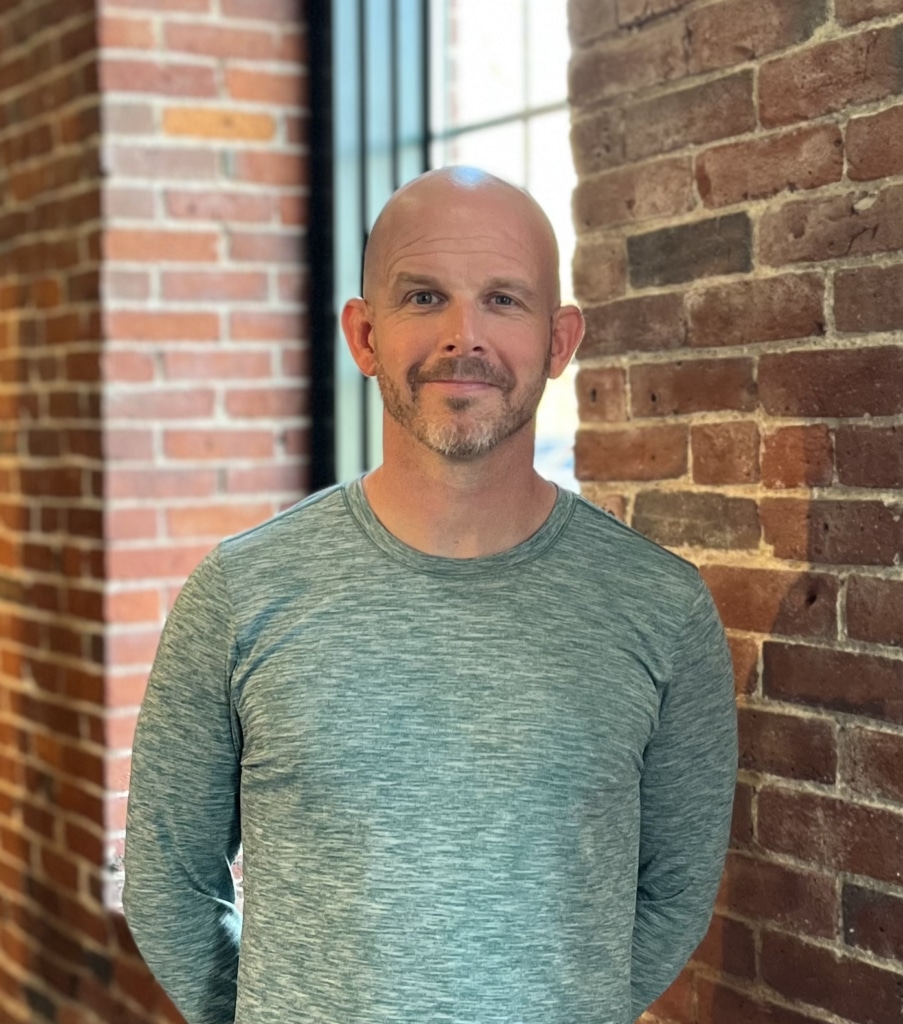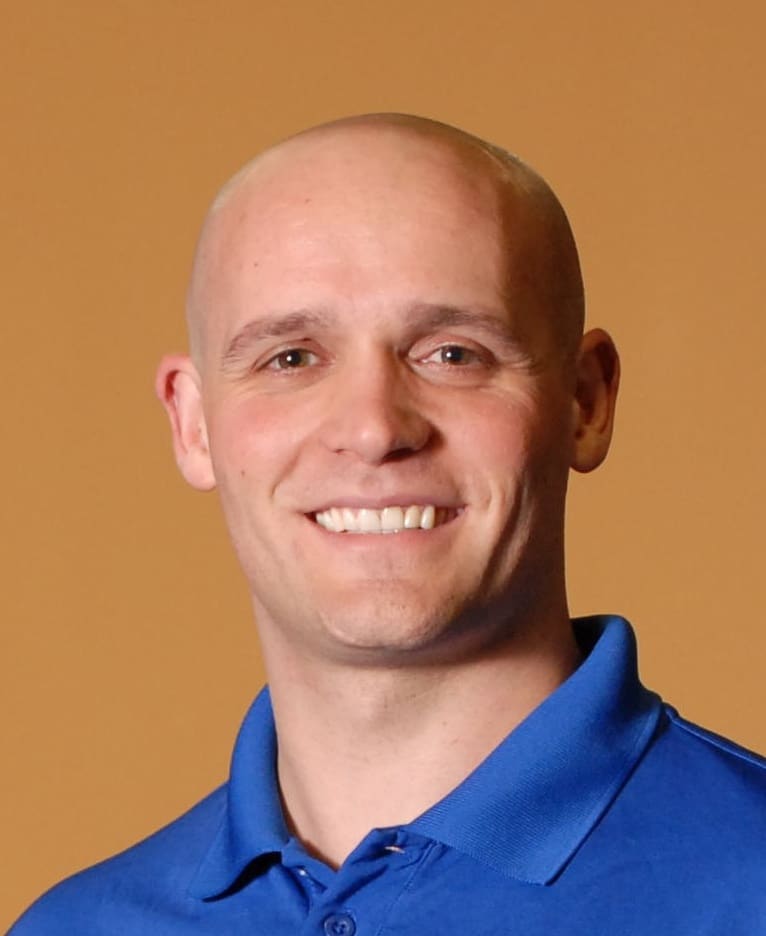Everything You Need to Renew—Nothing That You Don’t.
Meet Your CE Requirements with Ease.
AFPA CE Advantage gives you unlimited access to 80+ expert-led courses across fitness, nutrition, health coaching, and business—with fresh content added all the time to fuel your ongoing growth—all in one affordable, on-demand membership. With waived renewal fees and unlimited exam retakes, it’s the simplest, most flexible way to maintain your credentials and expand your expertise.

Curated CE, Made Simple
Skip the noise. Every course in AFPA CE Advantage is hand-selected for health and wellness professionals like you, so you only get practical, relevant content you can use right away.
- Fresh and regularly updated
- Expert-led and evidence-based
- Focused on fitness, nutrition, health coaching, and business
- Signature tracks like Coaching in Action and the Coaching Clients Through Chronic Conditions Series
Perks You Need, Nothing You Don’t
We’ve designed AFPA CE Advantage to take the stress (and surprise fees) out of staying certified. Every benefit is built to save you time, money, and hassle, without adding fluff you’ll never use.
- Unlimited CE access for 12 months
- 80+ courses, with fresh content added all the time in fitness, nutrition, health coaching, general wellness, and business
- Waived renewal fees for all your AFPA certifications
- Unlimited exam retakes at no extra cost
- 10% off additional AFPA certifications to keep growing your career
- All-inclusive pricing—one low fee covers it all
With AFPA CE Advantage, you’ll get exactly what you need to stay certified and move forward in your career, without the extras that drive up costs.
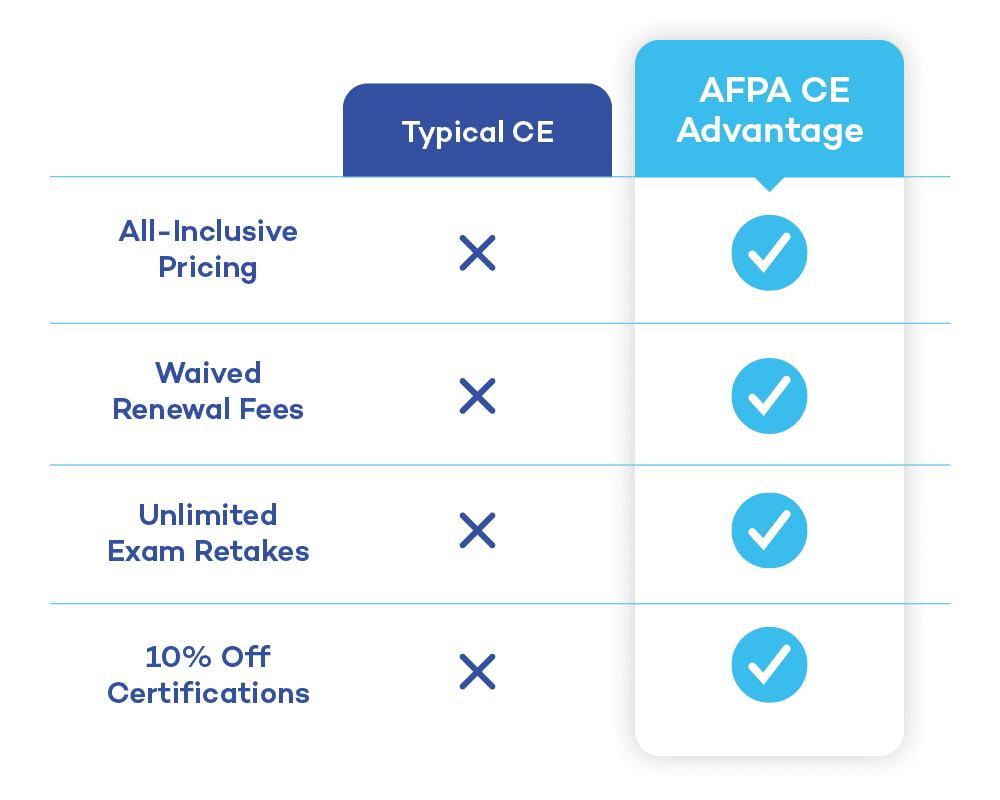
Why Coaches Trust AFPA for Their CE

“I chose AFPA after weeks of research. The continuing education content is high-quality, and I appreciate how accessible it is for working professionals.”
— Amy S.

“The variety of courses for earning CECs is amazing, and the online platform is top notch!”
— Tammy T.
Better CE, Backed by AFPA
With AFPA CE Advantage, you get more than just a membership—you get peace of mind. Our proven expertise, decades of leadership in health and wellness certification, and commitment to practical, real-world learning make us the trusted choice for thousands of professionals. We focus on value, quality, relevance, and results, so you can renew with confidence and keep growing your career.

Renew with Ease
All the CE you need in one streamlined library

Waived AFPA Renewal Fees
Maintain your certification without paying renewal charges

Spend Less
Best value on CE, more affordable than leading subscriptions or memberships

Expand Your Expertise
Fitness, nutrition, health coaching, general wellness, and business

Unlimited Exam Retakes
Retake any course as often as you need, at no extra cost

See Concepts in Action
Client sessions, role plays, and case scenarios
Save Hundreds of Dollars on Certification Renewal
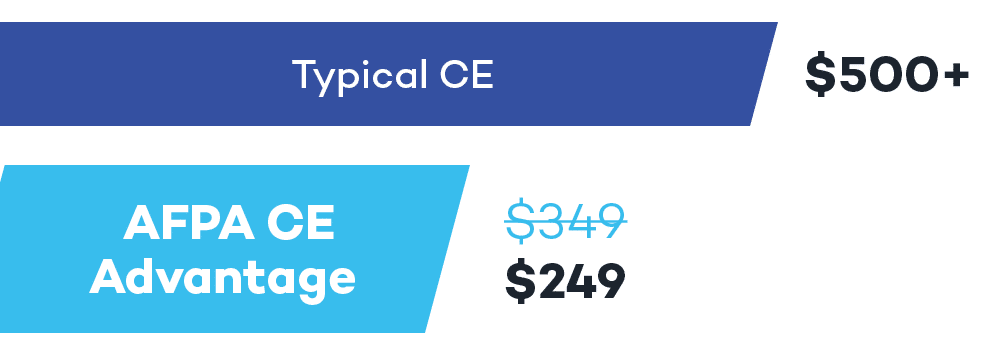
Learn from Experts Who Are Leading and Transforming the Industry
AFPA CE Advantage is powered by experienced educators, practitioners, and thought leaders who bring real-world expertise into every course. From health coaches and nutritionists to fitness specialists and business professionals, our contributors are trusted voices shaping the future of health and wellness.
Health Coaching
Nutrition
Fitness/Personal Training
General Health and Business
FAQ
How long does my membership last? Answer
Your AFPA CE Advantage membership gives you 12 months of unlimited access to our entire CE catalog.
How many courses can I take during my membership? Answer
As many as you’d like. You’ll have unlimited access to 60+ CE courses across fitness, nutrition, health coaching, and business.
Which courses are included in AFPA’s CE Advantage program? Answer
Courses span multiple disciplines—fitness, nutrition, health and wellness coaching, general wellness, and business—plus signature collections like Health Coaching in Action and the Coaching Clients Through Chronic Conditions Series.
FITNESS COURSES
- Coaching Cues for Correcting Exercise Technique (CE Value: 3.0)
- Dynamic Core Training (CE Value: 3.5)
- Exercise Programming: Key Concepts and Exercise Strategies (CE Value: 2.0)
- From Warm Up to Savasana: Your Guide to Yoga Sequencing (CE Value: 2.0)
- How to Train Your Pregnant Clients Like a Pro (CE Value: 2.0)
- Mastering the Kettlebell Clean: Expert Techniques & Common Pitfalls (CE Value: 3.0)
- Practical Core Training: From Principles to Programming (CE Value: 2.0)
- Strategies for Virtual Personal Training (CE Value: 3.0)
- Understanding eSports: Physiological Demands and Training Recommendations (CE Value: 5.0)
- Yoga for Balance (CE Value: 2.0)
- Yoga for Before an Important Meeting (CE Value: 2.0)
- Yoga for Desk Workers (CE Value: 2.0)
- Yoga for Grounding (CE Value: 2.0)
- Yoga for Inner Strength (CE Value: 2.0)
- Yoga for Pelvic Health (CE Value: 2.0)
- Yoga for Shifting Your Perspective (CE Value: 2.0)
- Yoga for Stress Relief (CE Value: 2.0)
NUTRITION COURSES
- Beyond the Plate: How to Turn Nutrition Advice into Action (CE Value: 2.0)
- Binge Eating Disorder 101 (CE Value: 4.5)
- Cooking for Dietary Restrictions: Tips, Tricks, and Recipes (CE Value: 2.0)
- Dietary Fats Explained: Important, Essential, & Misunderstood (CE Value: 4.0)
- Dietary Fiber 101 (CE Value: 3.5)
- Fad or Evidence-Based Diet: Paleo, Keto, Mediterranean, and More (CE Value: 3.0)
- Heart Health 101 (CE Value: 4.5)
- Hydration for Athletes and Fitness (CE Value: 5.0)
- Intermittent Fasting: Science, Benefits, & Practical Strategies for Health Professionals (CE Value: 5.0)
- Menopausal Weight Gain: Strategies to Support Women in Midlife (CE Value: 3.0)
- Navigating Menopause with Nutrition (CE Value: 4.5)
- Nutrition By Addition: Creating a Positive Nutrition Mindset for Sustainable Change (CE Value: 3.5)
- Plant-Based Diets During Pregnancy (CE Value: 4.0)
- Probiotic and Prebiotic Foods: Nutrition, Gut Health, and the Brain (CE Value: 4.0)
- Processed Foods Unpacked (CE Value: 4.0)
- Spotting Pseudoscience in Gut Health and Nutrition (CE Value: 5.0)
- Supplement Training Course for Health Coaches (CE Value: 6.0)
- The Role of Omega-3s in Fitness Performance (CE Value: 4.0)
- The Ultimate Guide to Carbohydrates for Fitness Professionals (CE Value: 5.0)
- The Ultimate Guide to Protein for Fitness Professionals (CE Value: 5.0)
HEALTH AND WELLNESS COACHING COURSES
- Coaching Clients on Weight Loss Medication (CE Value: 6.00)
- Coaching in Action with Eric: Series 2, Episode 1—Building Trust and Rapport (CE Value: 2.0)
- Coaching in Action with Eric: Series 2, Episode 2—Setbacks and Self-Awareness (CE Value: 2.0)
- Coaching in Action with Eric: Series 2, Episode 3—Coaching with Empathy (CE Value: 2.0)
- Coaching in Action with Eric: Series 2, Episode 4—Progress, Not Perfection (CE Value: 2.0)
- Coaching in Action with Eric: Series 2, Episode 5—Evoking Awareness in Coaching (CE Value: 2.0)
- Coaching in Action with Eric: Series 2, Episode 6—Building Routines That Stick (CE Value: 2.0)
- Coaching in Action with Eric: Series 2, Episode 7—The Midpoint Check-In (CE Value: 2.0)
- Coaching in Action with Eric: Series 2, Episode 8—Coaching for Resilience (CE Value: 2.0)
- Coaching in Action with Eric: Series 2, Episode 9—Building Accountability (CE Value: 2.0)
- Coaching in Action with Eric: Series 2, Episode 10—Coaching in the Age of Misinformation (CE Value: 2.0)
- Coaching in Action with Eric: Series 2, Episode 11—Coaching for Self-Care (CE Value: 2.0)
- Coaching in Action with Eric: Series 2, Episode 12—The Final Session (CE Value: 2.0)
- Coaching in Action with Shana: Series 1, Episode 1—The Initial Session (CE Value: 2.0)
- Coaching Through Food & Body Image Struggles (CE Value: 5.0)
- Demystifying Weight Loss (CE Value: 2.0)
- Five Mistakes I Stopped Making as a Health Coach (CE Value: 3.0)
- Live Health Coaching Demo: Strategies Revealed (CE Value: 2.0)
- Rewire Your Brain: A Guide to Neuroplasticity for Coaches (CE Value: 5.5)
- Supporting Clients with Eating Disorders: A Guide for Health Coaches (CE Value: 5.0)
- The Power of Creating Positive Habits (CE Value: 4.0)
GENERAL WELLNESS
- Coaching Clients Through Chronic Conditions: Arthritis (CE Value: 3.0)
- Coaching Clients Through Chronic Conditions: Asthma (CE Value: 3.5)
- Coaching Clients Through Chronic Conditions: Chronic Heart Failure (CE Value: 4.5)
- Coaching Clients Through Chronic Conditions: Chronic Obstructive Pulmonary Disease (CE Value: 5.0)
- Coaching Clients Through Chronic Conditions: Dyslipidemia (CE Value: 4.0)
- Coaching Clients Through Chronic Conditions: Hypertension (CE Value: 3.5)
- Coaching Clients Through Chronic Conditions: Multiple Sclerosis (CE Value: 4.0)
- Coaching Clients Through Chronic Conditions: Myocardial Infarction (CE Value: 3.5)
- Coaching Clients Through Chronic Conditions: Obesity (CE Value: 4.0)
- Coaching Clients Through Chronic Conditions: Osteoporosis (CE Value: 3.5)
- Coaching Clients Through Chronic Conditions: Parkinson’s Disease (CE Value: 4.0)
- Coaching Clients Through Chronic Conditions: Spinal Cord Injury (CE Value: 4.5)
- Coaching Clients Through Chronic Conditions: Stress and Anxiety (CE Value: 4.0)
- Coaching Clients Through Chronic Conditions: Stroke (CE Value: 3.5)
- Coaching Clients Through Chronic Conditions: Traumatic Brain Injury (CE Value: 4.0)
- Coaching Clients Through Chronic Conditions: Type 1 Diabetes (CE Value: 3.5)
- Coaching Clients Through Chronic Conditions: Type 2 Diabetes (CE Value: 4.5)
- Sleep Science and Sleep Health (CE Value: 3.5)
BUSINESS COURSES
- Health Coach Careers: Job Settings and Building Key Connections (CE Value: 4.0)
- Ignite Your Income and Impact (CE Value: 2.0)
- The Health and Wellness Entrepreneur’s Guide to Building a Business (CE Value: 4.0)
Does this cover my AFPA certification renewal fees? Answer
Yes. Renewal fees are waived for all active AFPA certifications during your membership.
Can I retake course exams if I don’t pass the first time? Answer
Absolutely. Your membership includes unlimited exam retakes at no extra cost.
Is this membership more affordable than buying courses individually? Answer
Yes. Most CE courses cost $199+ when purchased individually. For one low membership price, you get unlimited access to the full catalog plus waived renewal fees.
Can I access courses on mobile? Answer
Yes. All courses are mobile-friendly and on-demand, so you can learn whenever and wherever it’s convenient.
Will new courses be added during my membership? Answer
Yes. We regularly add fresh content to keep you current with the latest research and best practices.
Do I need to be an AFPA graduate to join? Answer
No. Anyone can become a CE Advantage member and access the course library, but only AFPA graduates receive waived renewal fees.














